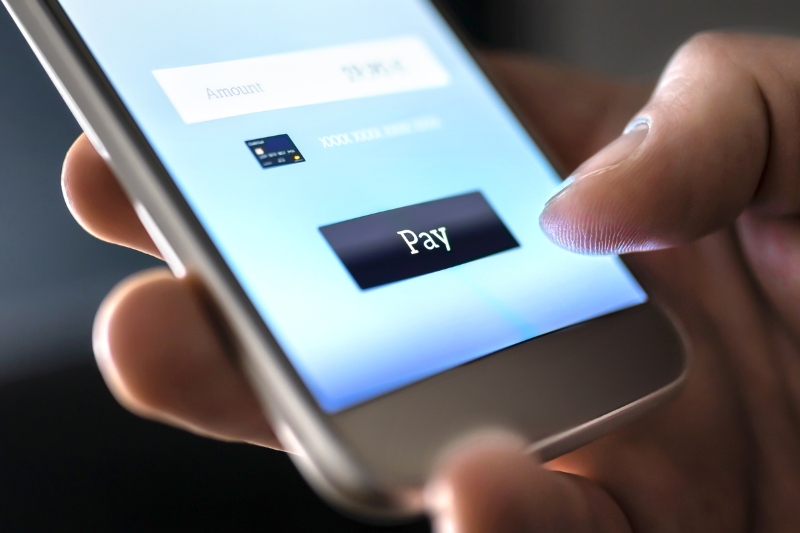The State Bank of Vietnam, the country’s central bank, announced that a mobile money pilot project has been submitted to the Prime Minister (PM) for approval. It involves mobile subscribers using their mobile accounts to make payments, up to a limited value.
In 2019, three big telecommunications companies in Vietnam, namely Viettel, MobiFone and VNPT, registered the addition of payment intermediation to their business lines. The PM approved the use of mobile phone accounts for the payment for goods and services in January 2019. In March, through Decree No 11/CT-TTg to remove difficulties for production and business to cope with the COVID-9 pandemic, the PM asked the central bank to propose the mobile money pilot project for approval.
Vietnam has around 130 million mobile subscriptions with a population of 96 million. Around 50% are using 3G and 4G, and around 45% of the country’s population using smartphones. Leveraging this mobile penetration, the government is seeking to accelerate the usage of cashless payments, especially targeting people with no or little access to traditional banking services. As of end-2019, 63 around 63% of Vietnamese over the age of 15 had bank accounts.
In 2016, the government set an ambitious target to reduce the ratio of cash transactions from 90% in that year to below 10% by 2020. However, cashless payments had reached only around 11.5% as of 2019. The majority of Vietnamese people still prefer cash. According to the Ministry of Industry and Trade, 80% of them prefer to use cash in daily transactions. Although e-commerce has been growing rapidly at an annual rate of 25-30% in recent years, around 80% of customers continue to use cash-on-delivery for products ordered online.
(Source: VietnamTimes; Nhipcaudautu)

